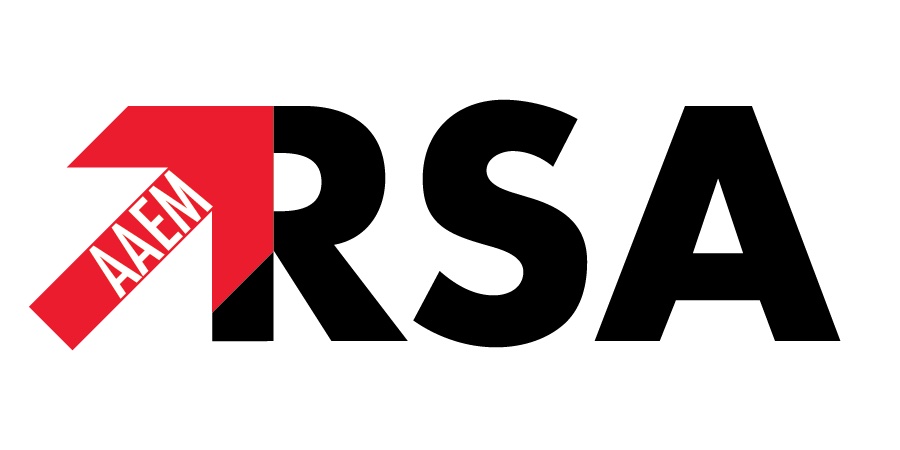The “perfect” job is different for every emergency physician. It is important for you to identify the job attributes that are most important to you, such as location, practice model, community vs. academic, ED census, ED acuity, patient flow, work environment, personalities of your colleagues, quality of the facilities, services offered, opportunities for career advancement and compensation. Ultimately, you need to decide if you are likely to be happy in the position. Although compensation is an important variable, many young physicians have overly focused on the highest compensated job, ignoring other important variables, and quickly moved on to another job that is a better fit for them.
Recruitment Process
Ideally, during the recruitment process, the ED director will provide information about the clinical and nonclinical aspects of the job. During the interview process, you should have the opportunity to speak informally with many physicians in the group and spend some unsupervised time in the emergency department. It is important for you to ask good questions to gather the information you need about the job attributes most important to you.
Unfortunately, the reality of many jobs is quite different from how they are portrayed in advertisements and during the recruitment process. If you are unable to meet many of the other physicians in the group during the interview process, it is important for you to ask for contact info for several physicians so you can communicate with them later. It is quite concerning if the ED director does not allow you an opportunity to speak informally with the other emergency physicians, and is unwilling to provide contact info; this increases the possibility of a dysfunctional work environment and unhappy physicians.
You should ask about how many physicians have left the group in the last few years and why. When possible, ask to speak to physicians who have left (or are leaving) the group. High group turnover, especially without a valid explanation, is a major red flag. Also, try to talk to other physicians in the area who are not in the group about the group’s reputation.
Clinical Expectations and Contact Provisions
It is important to get a good understanding of the clinical expectations for a job. Very high patient per hour ratios, an overly demanding schedule, poor medical staff backup, poor nursing coverage, poor ancillary staff support and unsafe clinical practices may result in poor patient care and quickly lead to burnout.
Unfavorable contract provisions are another area of concern. You should have your employment contract reviewed by someone who has experience in reading emergency physician contracts. Some employers will include contract language that waive your right to “due process” — the ability to obtain a fair hearing from your peers through a predetermined process in response to job termination. A restrictive covenant (also known as a geographic non-compete) will prohibit you from working for another emergency group within X miles for X years. As a result, if you quit, are terminated or the group loses its contract to another group, you may be forced to find another job, move, sell your house, send your kids to a new school, etc. If included in your contract, AAEM recommends you ask for restrictive covenant clauses or clauses that waive your right to due process be removed.
Some private groups portray themselves as “democratic.” It is important to ask direct questions to truly understand what that means to the group. It is important to have a good understanding of the path to partnership (length, process, what are you evaluated on). You should ask questions about who has not become a partner in the past several years and why, as some so-called democratic groups have essentially unobtainable partnership tracks.
Each year, many emergency physician groups lose their hospital contract and are replaced by another group. The great job that you have accepted may be dramatically different a year later with another group in charge. It is important to ask questions about the relationship between the physician group and the hospital administration and any issues affecting contract stability.
In summary, decide what job attributes are most important to you and identify which jobs may be a good fit. You should learn as much as you can about any job you are seriously considering. Make every effort to talk to as many physicians in the group as you can, especially informally. Know that AAEM (www.aaem.org) and AAEM/RSA (www.aaemrsa.org) are good resources for you.
Author: Mark Reiter MD MBA FAAEM, AAEM Vice President
Edited by Stephanie Gardner, MD, AAEM/RSA Vice President; and Leana Wen, MD MSc, AAEM/RSA President
